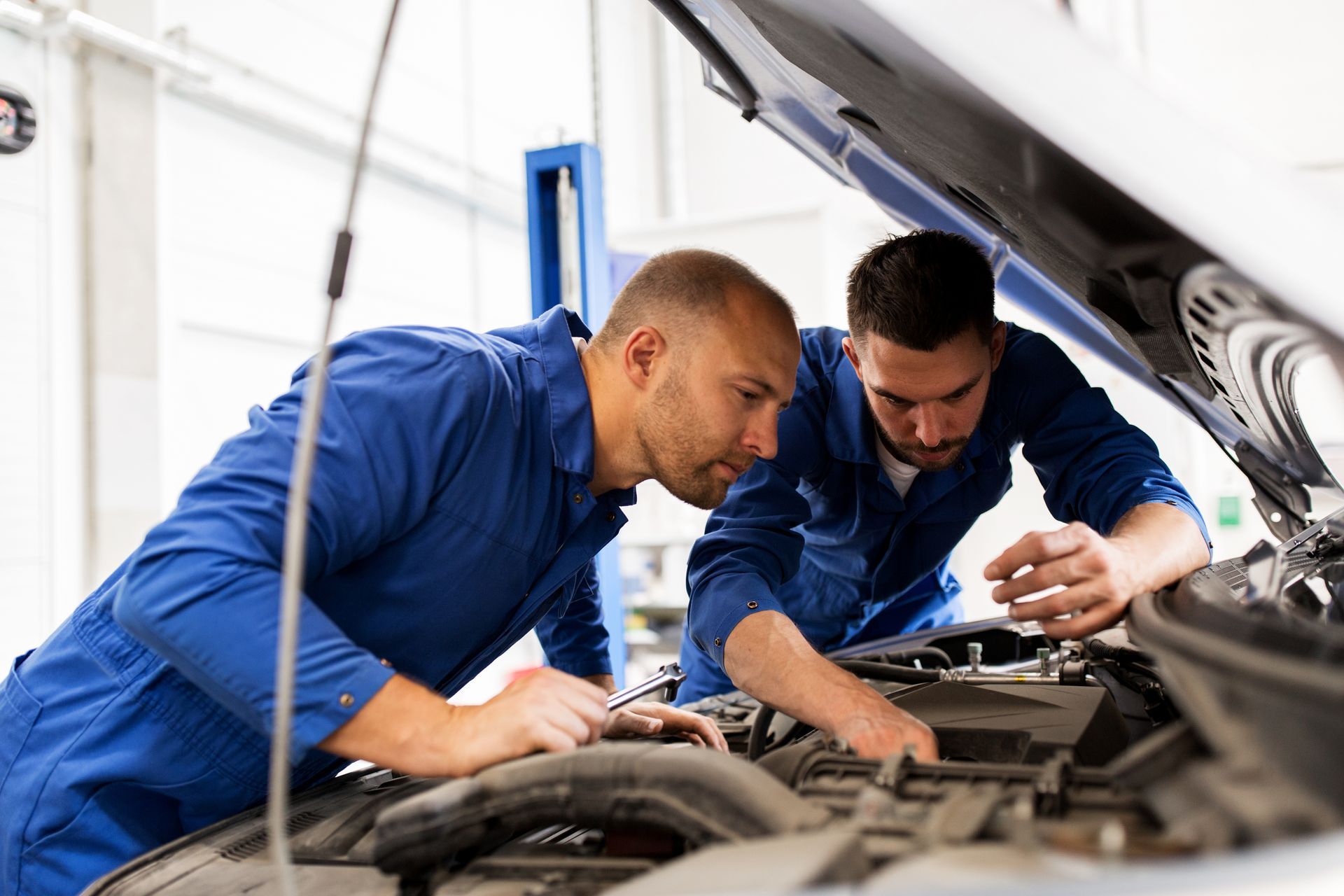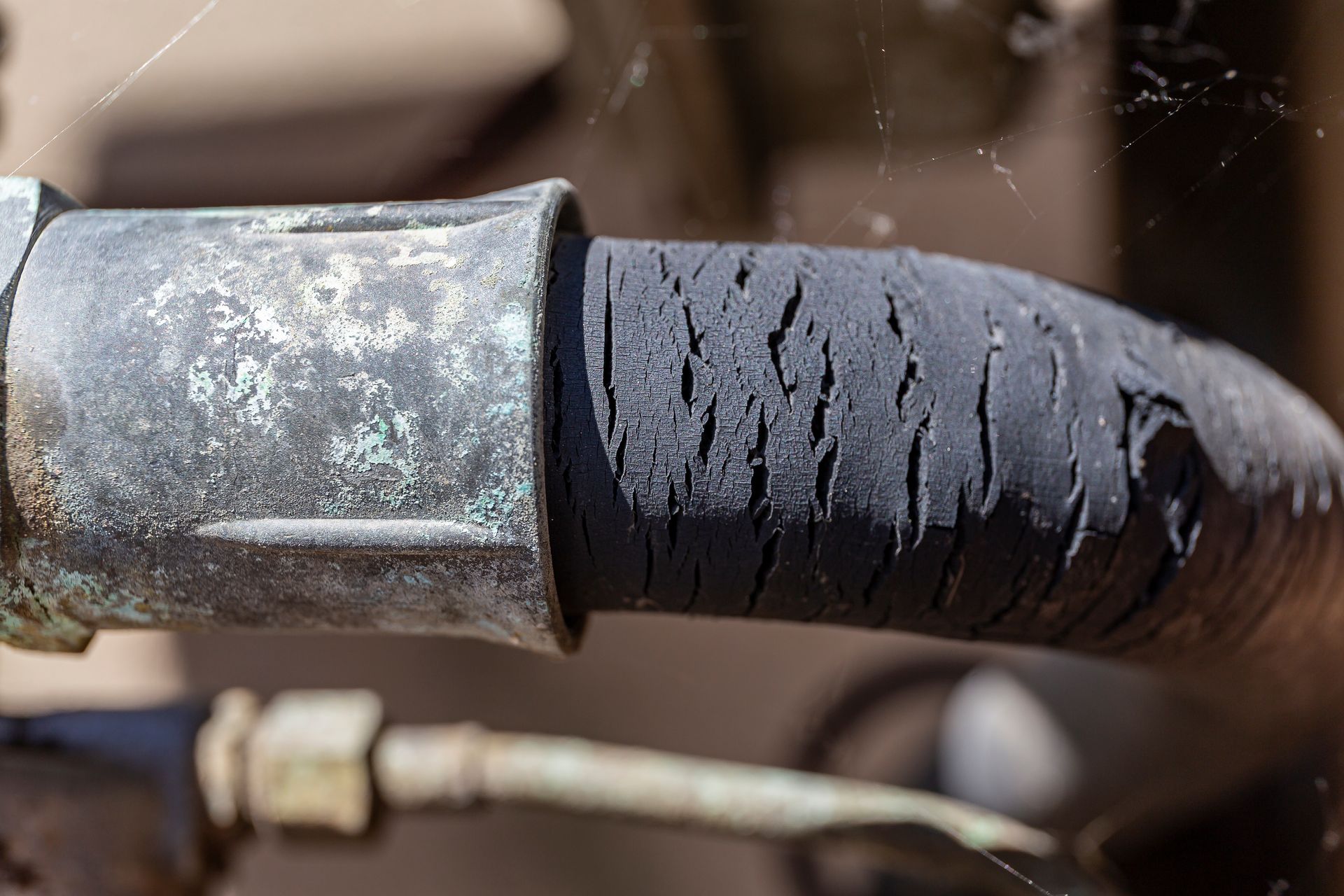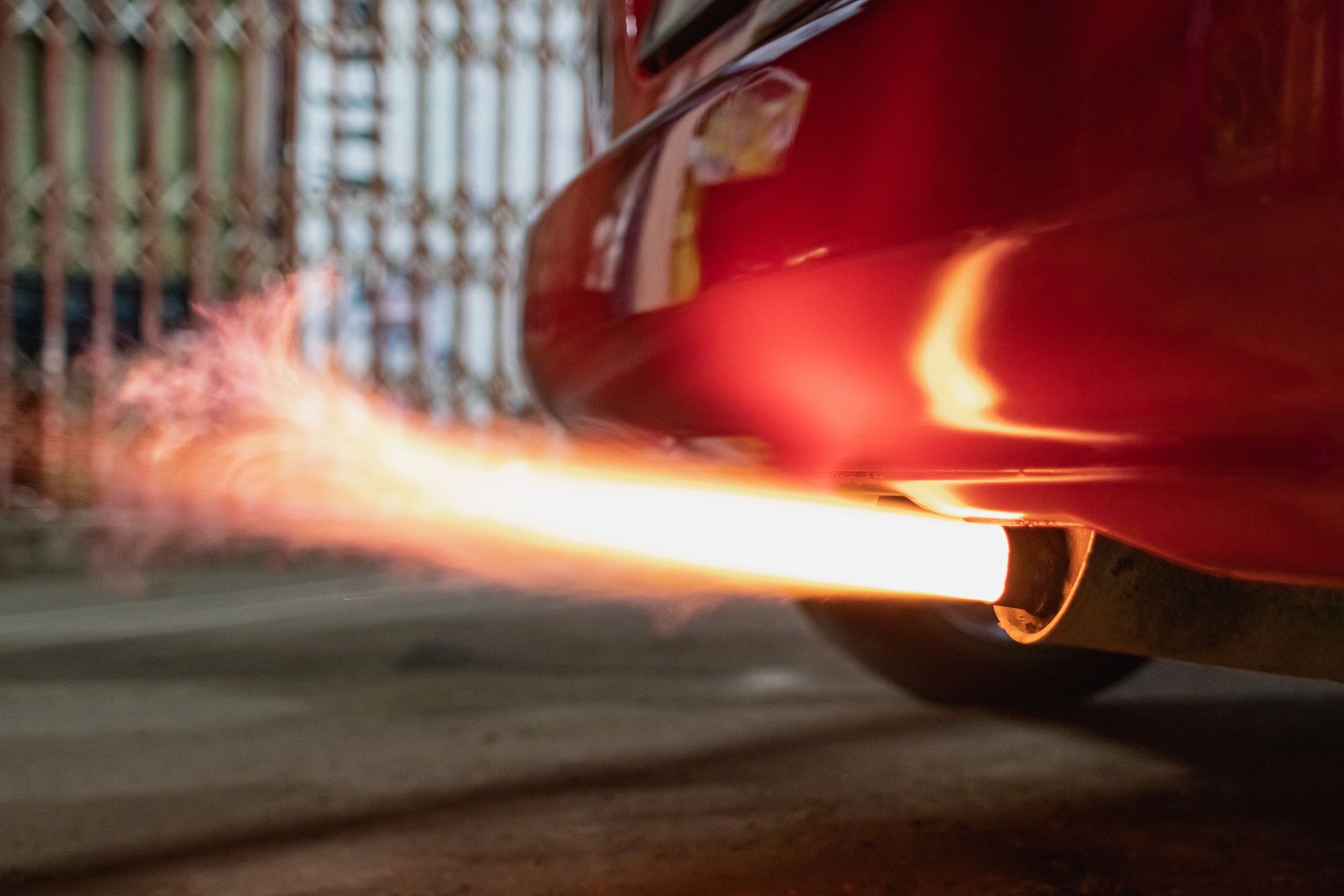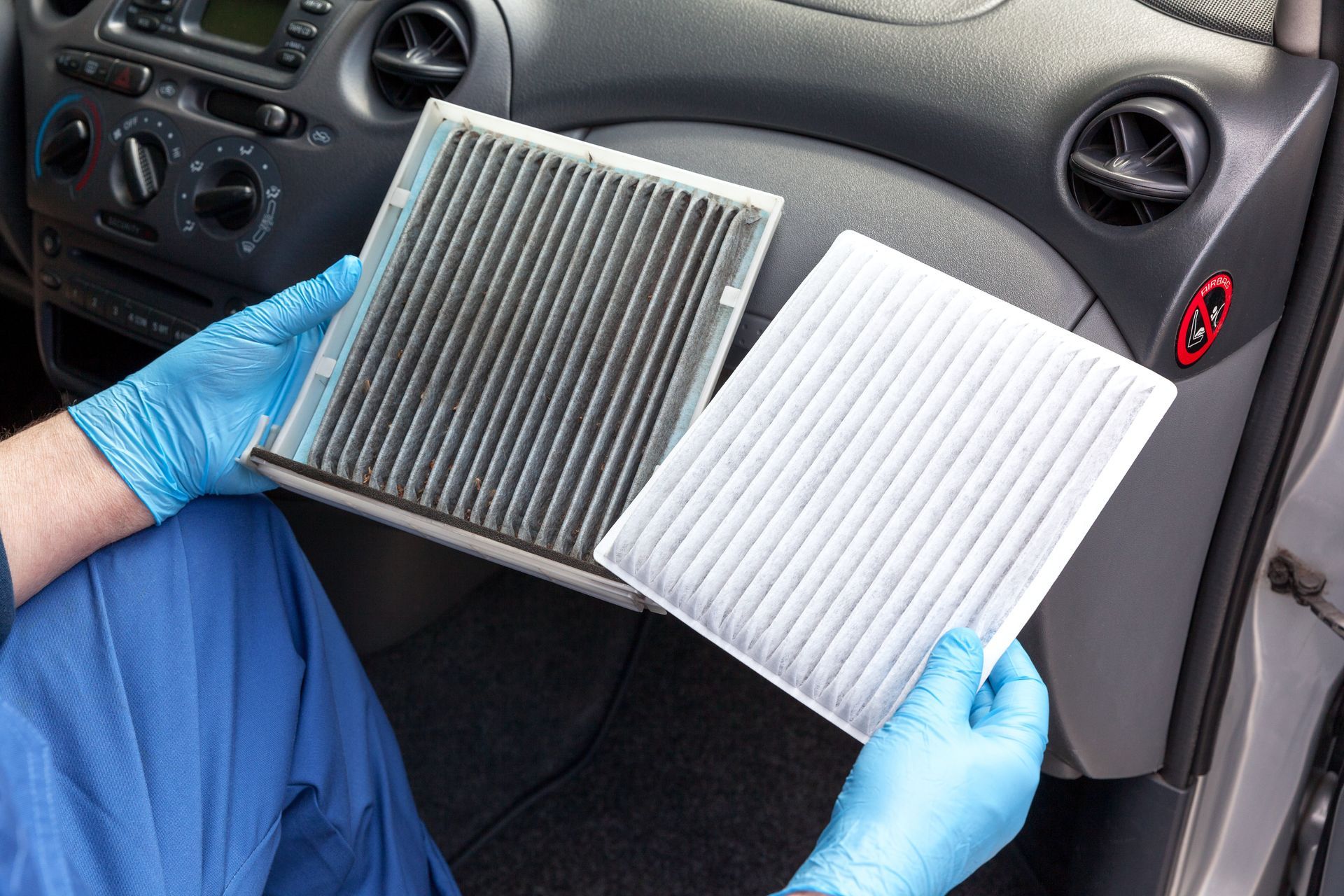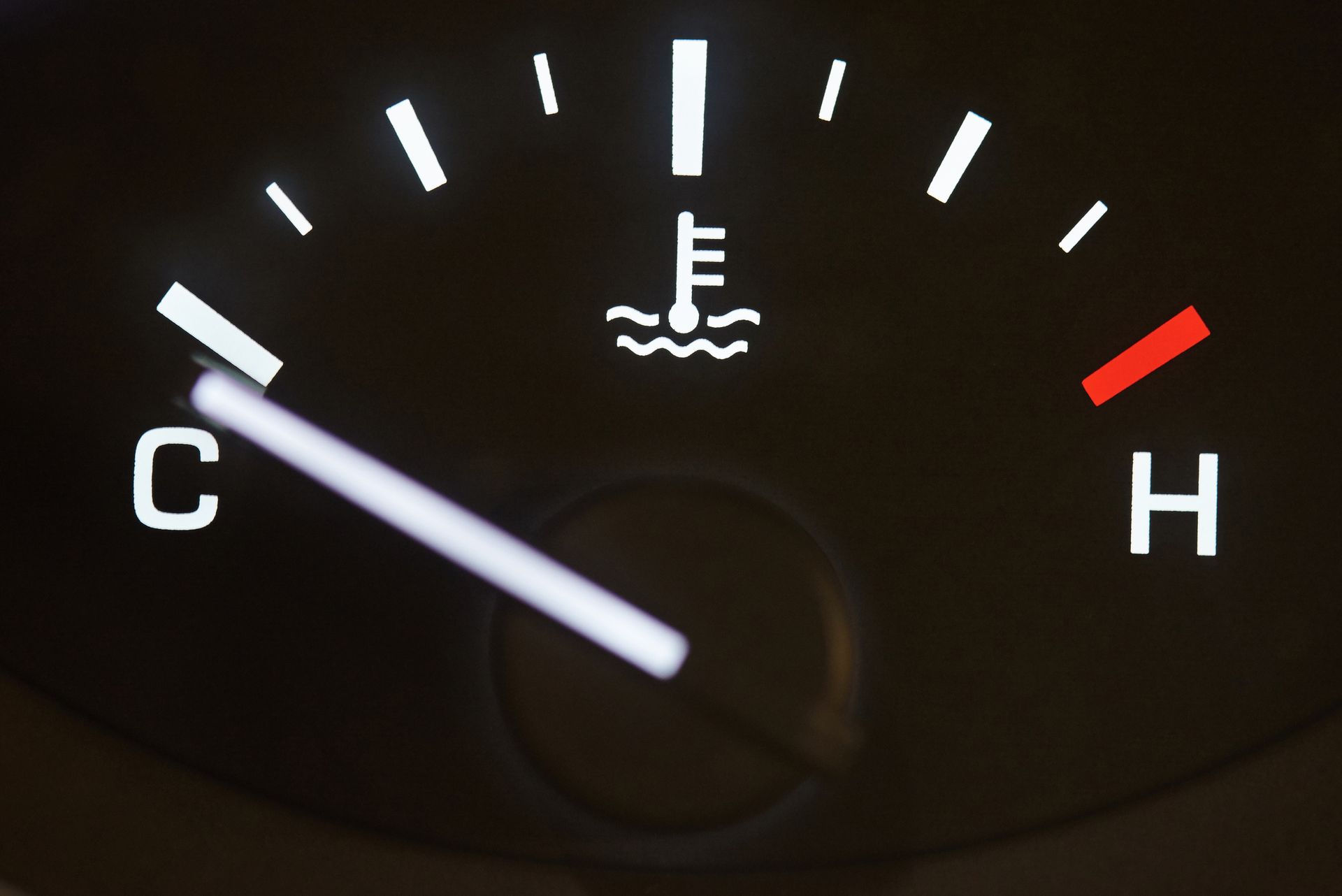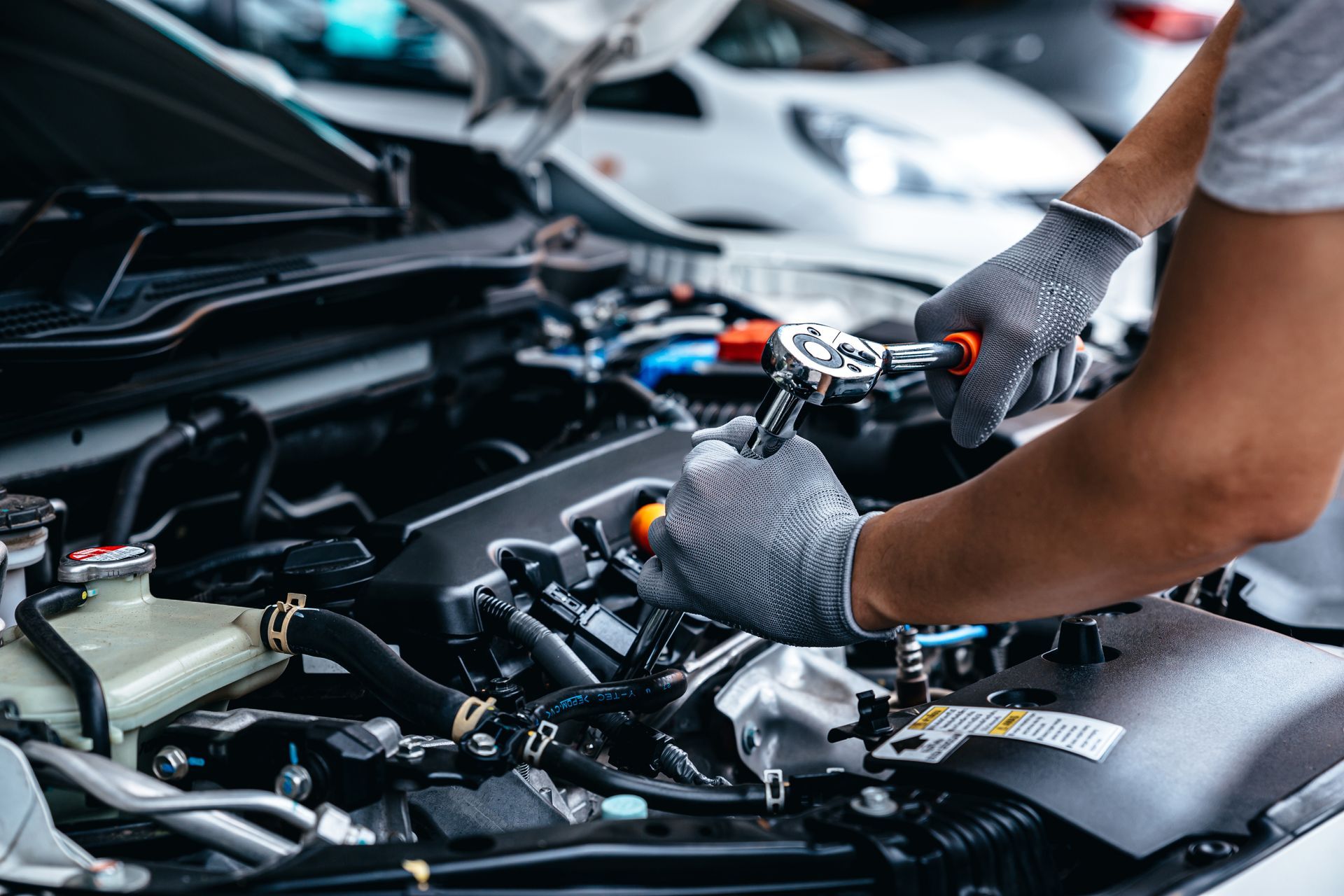Your car is an amazing machine, and the engine is like the heart that keeps it running. But just like any other vital, car engines also need some extra care to stay healthy. This guide is all about helping you take better care of it by giving you some easy tips and tricks. You don't need to be a car expert, just follow these simple steps, and you'll be able to enjoy a smoother and longer-lasting driving experience.
1. Fluid Checks
Just as all living things need water, your engine relies on fluids, most commonly oils, for optimal performance. Check and top up your engine oil, coolant, transmission fluid, brake fluid, and power steering fluid. Proper fluid levels not only lubricate and protect crucial components but also contribute to efficient engine cooling and overall longevity.
2. Spark Plug Care
Spark plugs ignite the fuel in the engine by giving a spark at the perfect time, resulting in a mini controlled explosion, known as combustion. Periodically inspect and replace spark plugs according to your manufacturer's recommendations. This simple yet often overlooked task ensures a clean and efficient burn, enhancing fuel efficiency and preventing performance degradation over time.
3. Air Filter Renewal
Engines, just like ourselves, need clean air to function optimally. Inspect and replace your air filter to prevent dirt and debris from infiltrating the engine. A clogged air filter restricts airflow, diminishing fuel efficiency and overall power. Keep your engine breathing freely for a smoother and more robust driving experience.
4. Cooling System Care
Your engine's cooling system has one important job - yes, you guessed it! It cools the engine. Routinely check the radiator, hoses, and coolant levels. A well-maintained cooling system prevents engine meltdown and ensures your vehicle handles the heat of the road with ease. Overheating can lead to costly repairs, making cooling system care a vital aspect of engine maintenance.
5. Timing Belts and Chains
The timing belt controls the fuel injection and spark of your engine, ensuring they operate in sync. Replace the timing belt as recommended by your manufacturer to avoid catastrophic engine failure. A well-timed belt not only preserves engine performance but also safeguards against costly internal damage.
FAQs: Unveiling the Mysteries of Engine Care
Q1: How often should I change my engine oil?
A: The frequency of oil changes depends on your driving habits and the type of oil you use. As a general rule, aim for an oil change every 3,000 to 5,000 miles, or as recommended in your vehicle's manual.
Q2: Is it necessary to use premium fuel for my engine's health?
A: Not necessarily. Most vehicles are designed to run efficiently on regular unleaded fuel. Check your owner's manual for the manufacturer's recommendations. Using a higher-octane fuel than required doesn't necessarily benefit your engine.
Q3: Can I extend the life of my engine by idling before driving?
A: Modern engines don't require extended idling before driving. In fact, excessive idling can contribute to carbon buildup and decrease fuel efficiency. Start your engine and drive gently to warm it up.
Having engine problems? Maintenance visit right around the corner? The team at
Gerry's Service is here to help out! Just book an appointment and leave the rest to us!


